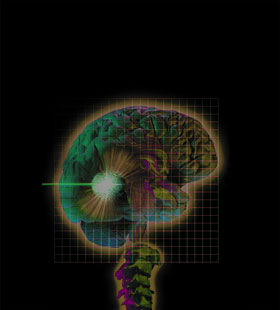Neurosurgery
What is Neurosurgery?
When you think of Neurosurgery, you think of the brain, right? This is true, but the neurosurgical specialty focuses on a lot more than the brain. If fact, roughly 70% of a neurosurgeon’s time is focused on the spine, treating neck pain, back pain, degenerative disc disease, and herniated discs.
Neurosurgery is a surgical specialty that is involved in the diagnosis and surgical treatment of conditions affecting the brain, spine, spinal cord and nerves. We treat a vast array of conditions including brain tumors, degenerative diseases of the spine, traumatic injuries involving the brain and spine, and pinched or injured nerves in the extremities.
The education and training in becoming a neurosurgeon is demanding and extensive, and includes the completion of:
- Four years of pre-medical education at a college or university
- Four years of medical school resulting in an M.D. or D.O. degree
- One year internship in general surgery
- Five to seven years in a neurosurgery residency program
- Some neurosurgeons complete a fellowship after residency to sub-specialize in a specific area of neurosurgery
- Continuing education including conferences, annual meetings, research, and scientific journals. This continuing education is necessary to keep up with the highly advancing specialty of neurosurgery.




